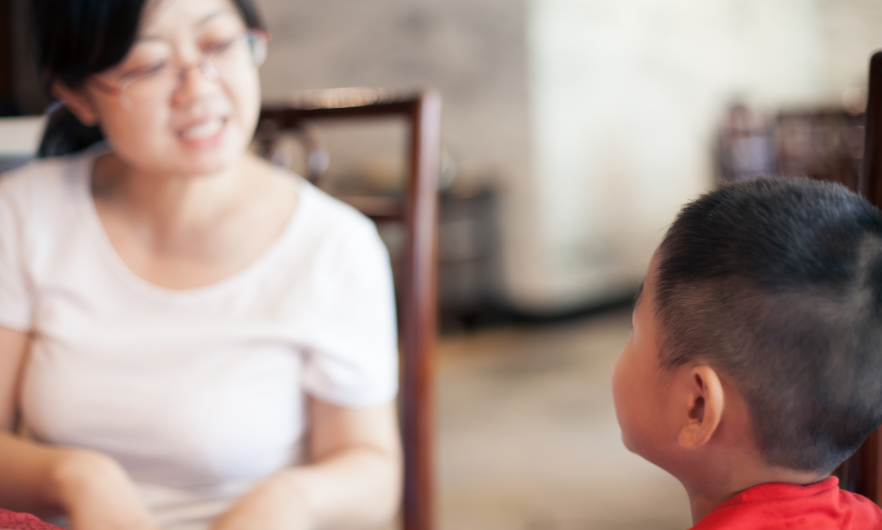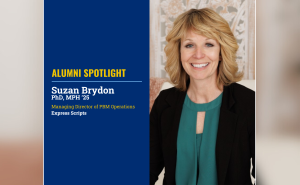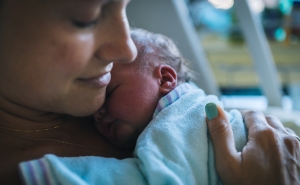New Study Finds Japanese School Children Who Reported ‘Being Heard’ Were Five Times More Likely to Report Higher Quality of Life
Transformative “Positive Childhood Experiences” include children’s thoughts and opinions being heard, valued, and acted upon by the adults and caregivers in their lives.

A new study published online October 23 in BMJ Paediatrics Open found that children whose voices were heard during the COVID-19 pandemic were five times more likely to report a higher quality of life (QOL) than those who felt unheard. The study, led by Bloomberg School of Public Health’s Christina Bethell, PhD, MPH, MBA, with Arisa Yamaguchi, MD, MPH and Naho Morisaki, MD, MPH, PhD, from the Department of Social Medicine at Tokyo’s National Center for Child Health and Development, analyzed data from a nationally representative mail-in survey in Japan conducted in December 2020.
The researchers asked 700 Japanese 5th and 8th graders to rate how often they were both asked about and had their thoughts and feelings considered during the COVID-19 pandemic. Just over half of respondents met criteria for “being heard”. These results were analyzed against QOL indicators obtained from Kid-KINDL (KINDL Questionnaire for Measuring Health-Related Quality of Life in Children and Adolescents) which measures physical well-being, emotional well-being, self-esteem, family relationships, peer interactions, and school functioning. Children who reported their thoughts and feelings were both asked about and considered were nearly five times more likely to have a higher QOL compared to children who did not report that their thoughts and feelings were heard (68.4% versus 14.0%).
“Our study highlights the transformative impact of Positive Childhood Experiences (PCEs), which involve nurturing interactions and environments that promote healthy child development,” said lead investigator Bethell, professor in Population, Family and Reproductive Health. “Unlike traditional measures that focus on adversity, PCEs underscore the value of positive relationships and enriching experiences in fostering resilience and well-being. Feeling heard, for example, is key to building safe, stable relationships that improve children’s quality of life, benefiting their mental and physical health well into adulthood.”
Article 12 of the United Nations Convention on the Rights of the Child (UNCRC), adopted in 1989, guarantees that all children have the right to have their thoughts, wishes and opinions heard and to be taken seriously. The new study’s findings also revealed an important distinction: that young people benefit from not only being asked about their feelings, but by their opinions being clearly considered and acted upon by the adults in their lives. Young people whose thoughts and feelings were asked about but not also considered did not report a higher QOL.
“Responsive caregiving is essential to children’s health and development and must be prioritized globally,” Bethell added. “Research suggests that only half of children feel heard, emphasizing the need to promote Positive Childhood Experiences in homes and communities. By fostering environments that enhance relational health, we can make a lasting impact on population health, supporting children across all backgrounds to thrive. Let’s commit to a future where every child has a voice, and every caregiver is empowered to listen.”





